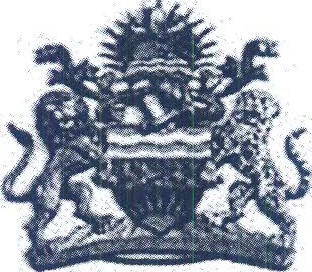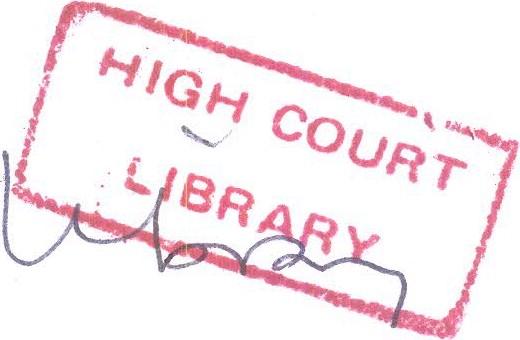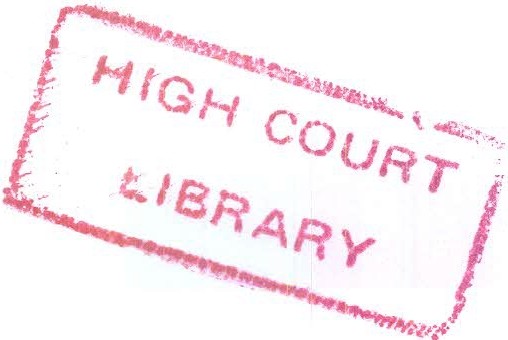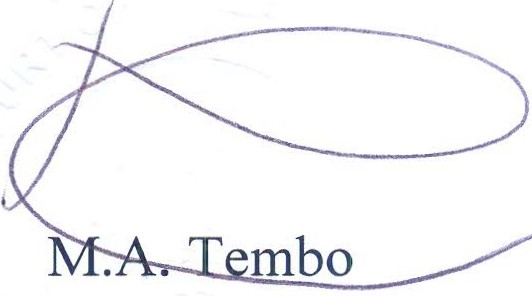

IN THE HIGH COURT OF MALAWI
PRINCIPAL REGISTRY
CIVIL CAUSE NO. 525 OF 2015
BETWEEN
THOM FRANK NJIRIKA
AND
BUSINESS PARTNERS INTERNATIONAL CORAM: JUSTICE M.A. TEMBO
Gondwe, counsel for the plaintiff
Katuya, counsel for the defendant Chanonga, Official court clerk
ORDER
PLAINTIFF
DEFENDANT

The plaintiff commenced this action by originating summons against the defendant. The plaintiff entered into a Technical Assistance Agreement with the defendant and Loan agreement. The plaintiff seeks an interlocutory injunction restraining the defendant from calling upon repayments before the plaintiff starts manufacturing and production for cooking oil for its Oil Refinery Factory which was the purpose of the Technical Assistance Agreement when the defendant has been guilty of delay in the disbursement of the funds contrary to the Technical Assistance Agreement up until the hearing of this matter.
In the originating summons the plaintiff contends that the defendant company has been in breach of contract Technical Assistance Agreement by delaying in the
disbursement of funds to the Plaintiff s suppliers. The plaintiff prays to this court that he be given more time equivalent to the period of delay before he commences the repayments to the defendant.
Through the originating summons the plaintiff elucidates that it would not be fair, equitable and conscionable for the defendant to insist on the strict terms of the agreement in terms of repayments where it has been guilty of delay in the disbursement of the funds to the plaintiff s suppliers.
1. 29 (1) of Rules of the Supreme Court under which the present application for interlocutory injunction is made provides that
(1) An application for the grant of an injunction may be made by any party to a cause or matter before or after the trial of the cause or matter whether or not a claim for the injunction was included in that party's writ/originating summons counterclaim or third party notice, as the case may be.
(2) Where the case is one of urgency such application may be made ex parte on affidavit but, except as aforesaid, such application must be made by motion or summons."
(3) The plaintiff may not make such an application before the issue of writ or originating summons by which the matter in cause is to begun except where the case in matter is one of urgency and in that case the injunction applied may be granted on terms providing for the issue of writ or summons and such other, if any, as the Court thinks fit.
It is the contention of the plaintiff that the plaintiff has an arguable claim and the balance of convenience lies in favour of granting the interlocutory order for an injunction. Further, that the main purpose of granting an injunction is preserving status quo. Thus, granting the injunction will not determine the matter in controversy in favour of the plaintiff, but rather will maintain the status quo and allow the determination of the issue in controversy without occasioning any loss to the plaintiff or defendant.
The plaintiff cited the case of American Cynamid Company v Ethicon Limited, [1975] AC 396 which have been followed in Malawi and argued that the High court of Malawi in Cane Products Limited v S E. Kaonga t/a E & E Civil Engineering and
Attorney General Civil Cause Number 605 of 2009 (High Court) (unreported) stated that the usual purpose for an interlocutory injunction is as follows
the legal position is that the usual purpose of an interlocutory injunction is to preserve status quo until the rights of the parties have been determined in the action. The injunction will almost, always be negative in form, to restrain the defendant from doing some act...
In arguing against the application before the court and in the defendant's skeleton argument, the defendant raised a preliminary issue that the plaintiff brought the present action against a non-existent entity. Reading through the defendant's skeleton arguments, the defence argues that while the papers where served on Business Partners International SME Fund Limited, the action is against Business Partners International. Thus, the plaintiff entered into an agreement with Business Partners International SME Fund Limited and this is the only entity with capacity to be sued. Elucidating the point the defendant relies on the case of Dr Bakili and The United Democratic Front v The Malawi Electoral Commission, Constitutional Cause No. 1 of 2009 (unreported) in which the Court said names used in common parlance, when it comes to matters legal in court, ought to give way to legal names or legally recognized names.
It is also in the argument of the defendant that before an injunction can be granted to an applicant there must be proof of the existence of a right which he seeks to protect by the order of injunction. The defendant relies on the case of Malawi Mobile Limited v Malawi Communications Regulatory Authority [2006] MLR 280 - 283, the Malawi Supreme Court of Appeal said
it is common place that the usual of an interlocutory injunction is to preserve the status quo until the rights of the parties have been determined in an action. And the principles to be applied are those explained in the oft-cited case of American Cynamid Company v Ethicon Limited, [1975] AC 396; [1975]1 All ER 504 HL. These are -
(a) an application for interlocutory relief must establish that he has a good arguable claim to the right he seeks to protect;
The defendant's view is that the plaintiff's application is based on misleading facts. The allegations are not borne by the agreements that the plaintiff signed. Therefore, the right that the plaintiff seeks to protect has no existence in the contract or otherwise. Granting the injunction would be tantamount to restraining the defendant from exercising its legal rights under the agreements. That would be unlawful interference with one's rights.
On the preliminary objection, this Court finds that indeed the defendant's name is not properly indicated. The defendant has however not been misled as to its identity. No prejudice has been suffered by the defendant due to the mistake made by the plaintiff. As such leave is granted for the plaintiff to indicate the defendant's name as it properly ought to appear as a corporate body. The amendment papers to be filed within the next seven days. Costs on the amendment shall be for the defendant.
On the injunction, as per Malawi Mobile Limited v Malawi Communications Regulatory Authority principles and guidelines, this court must not, at this stage, attempt to determine the case on the affidavits. However, this court has to look on the affidavits and see if a triable claim has been raised. In other words, this court has to see if the plaintiff has a claim of right that he seeks to protect by injunction. If the claim is established then other factors will be considered such as adequacy of damages, balance of convenience/justice. Meanwhile if a good arguable claim is not established by the affidavit then the application will be dismissed.
The affidavit evidence shows that the parties entered on a Technical Assistance Agreement and a Loan Agreement. The late disbursements are alleged to have been under the Technical Assistance Agreement. This court however finds that not to be correct. The facts are confused by the plaintiff and on that score this application has to be declined. But more importantly, the plaintiff has not demonstrated the alleged delays in disbursements under the Loan Agreement. As such there's no claim of right to be protected in this matter. The plaintiff's failure to properly appreciate the terms of the Loan Agreement cannot be used against innocent defendant who has already advanced huge sums of money herein.
The plaintiff must honour his side of the bargain and the application is declined with costs.
Made in chambers at Blantyre this 4th December 2015.

JUDGE
1